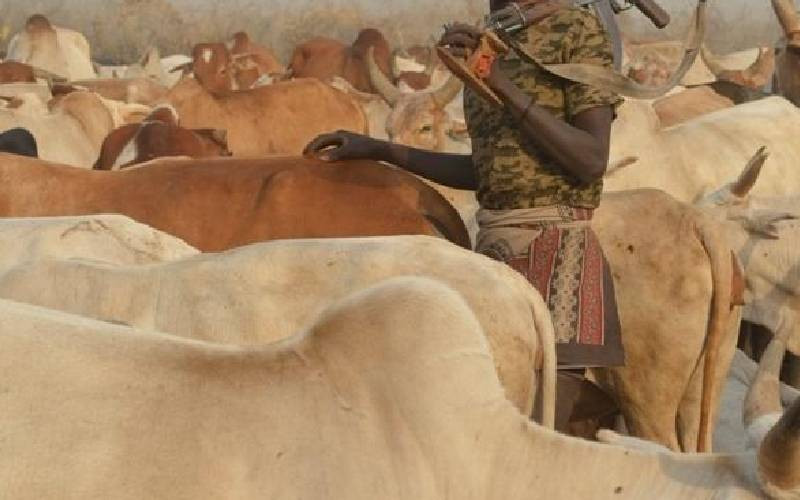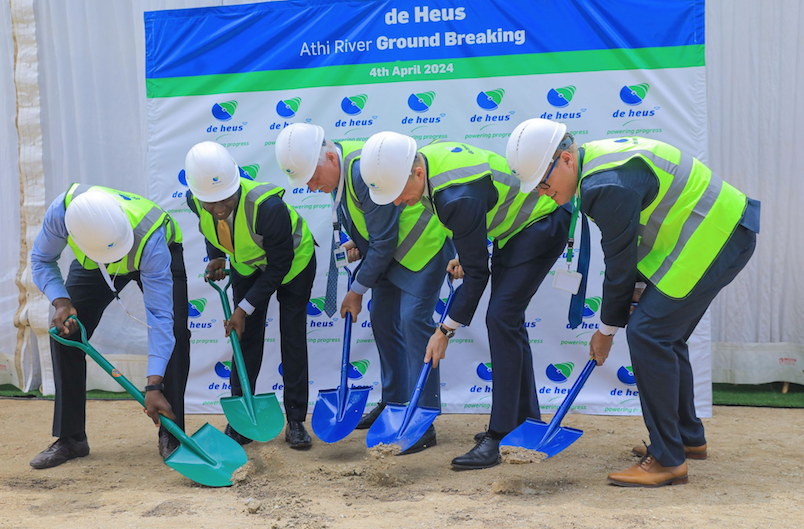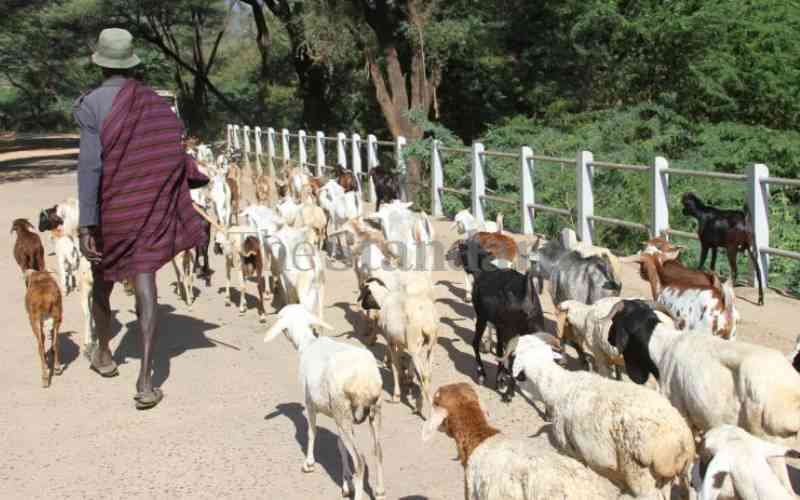The 26-kilometre stretch between Lokichoggio and Nadapal along the Kenya/Sudan border is considered the most fertile belt in Turkana County. The vegetation in the picturesque landscape, with spectacular hills, is ever green, yet the region experiences little rainfall most of the year.
But despite the natural splendour, these are dangerous killing fields where thousands have died during pitched battles between the locals and the Toposa militia of South Sudan. To avoid the violence, herdsmen drive their cattle to safer pastures in Uganda when they cannot get protection from the Kenya Police Reservists.
Those who dare graze their cattle in the fertile pasture often pay the ultimate prize when they are killed and their livestock seized by raiders quite familiar with this terrain.
Local administration has almost given up laying out plans to transform the area into a rich agricultural belt — records from the county lands registry indicate that much of rich land parcels have been allocated to individuals who are unable to use their property for fear attacks.
Prime land
“Our records show a majority of residents were issued allotment letters to own a piece of this prime land. The council has also mapped out residential and commercial areas which can be developed to transform the region,” said Mark Ewoi, the Chief Officer in the Lands Ministry.
But because of frequent attacks by raiders from South Sudan, little can be done here in terms of investments. “As evident in the draft plan, the stretch would have created tremendous transformation and become a source of revenue due to its central location near the Sudan border,” Ewoi said.
Turkana West MP Daniel Nanok says the Kenya and South Sudan governments ought to address the border conflict which impedes productive land use.
“Insecurity has caused great fear and the land, which our traditions dictate should be for communal use, cannot be accessed,” Nanok said.
The Standard on Sunday team recently passed through the stretch on its way to Nadapal and it became apparent that besides the insecurity, poor roads also hamper economic development. “It would take one only an hour to reach the border, but because of the bumps and pot holes, the journey now takes two hours,” said Joseph Kigen, our driver.
In-between the stretch were two vehicles that had stalled, having developed mechanical problems. The occupants of the Toyota Probox saloon vehicle noted this was their maiden visit to South Sudan.
“We have camped here for three days. It is a nightmare because we are afraid of the dark; anything might happen to us. We only hope the mechanic we called from Lokichoggio will arrive on time,” said the driver.
 The Standard Group Plc is a
multi-media organization with investments in media platforms spanning newspaper
print operations, television, radio broadcasting, digital and online services. The
Standard Group is recognized as a leading multi-media house in Kenya with a key
influence in matters of national and international interest.
The Standard Group Plc is a
multi-media organization with investments in media platforms spanning newspaper
print operations, television, radio broadcasting, digital and online services. The
Standard Group is recognized as a leading multi-media house in Kenya with a key
influence in matters of national and international interest.
 The Standard Group Plc is a
multi-media organization with investments in media platforms spanning newspaper
print operations, television, radio broadcasting, digital and online services. The
Standard Group is recognized as a leading multi-media house in Kenya with a key
influence in matters of national and international interest.
The Standard Group Plc is a
multi-media organization with investments in media platforms spanning newspaper
print operations, television, radio broadcasting, digital and online services. The
Standard Group is recognized as a leading multi-media house in Kenya with a key
influence in matters of national and international interest.








